Pharmaceutical Industry News
Downstream vs upstream processing
Upstream and downstream processing work in tandem to produce desirable products, such as beneficial pharmaceuticals like medicines or biochemicals. But […]
Oct 21st, 2025
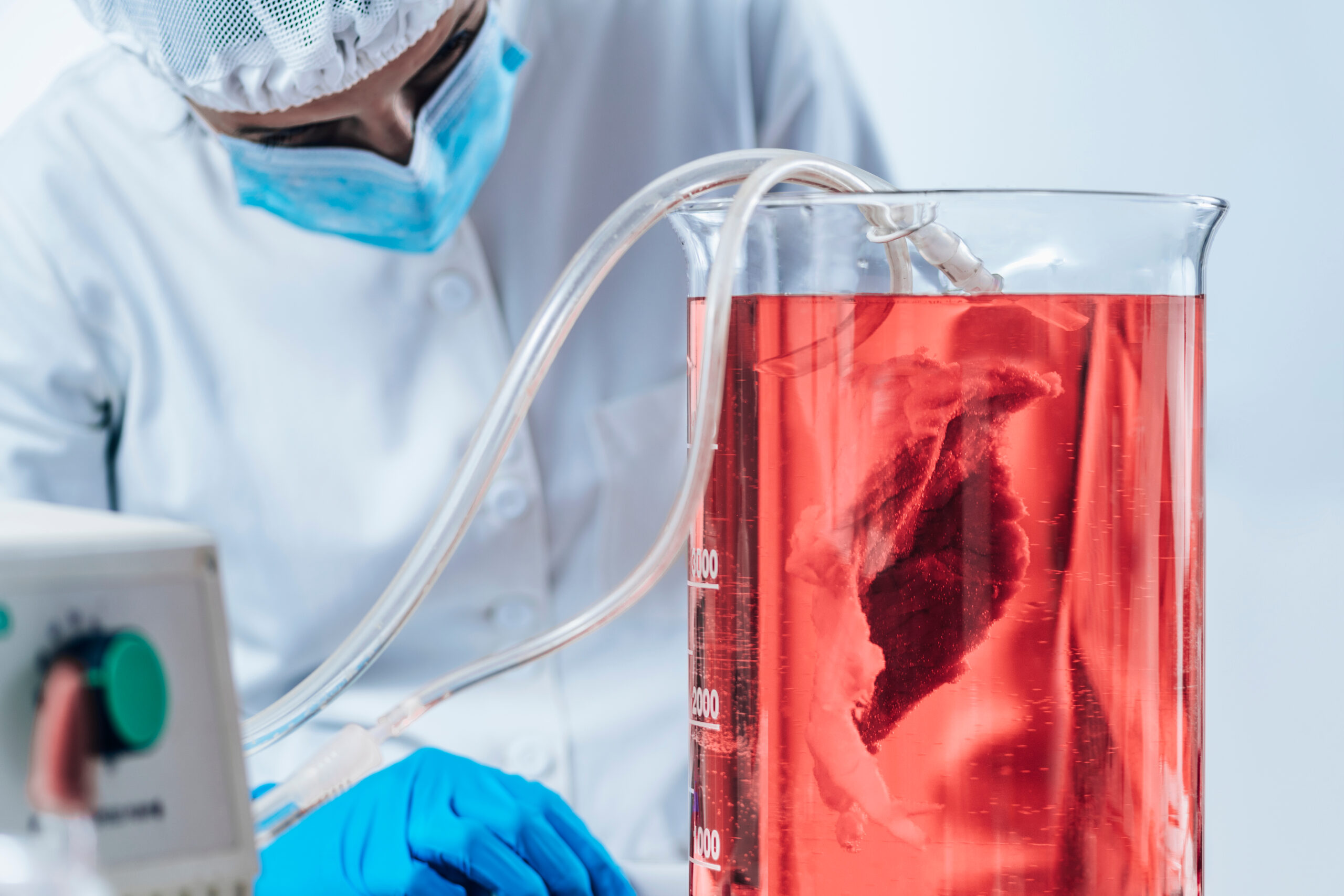
Upstream processing is a key element of bioprocesses and helps to lay the foundations for high-quality end-products – but what exactly is it?
This informative blog from our specialists explores the ins and outs of the upstream processing stage specifically, and how bioprocess containers can enhance this fundamental biopharmaceutical manufacturing stage.
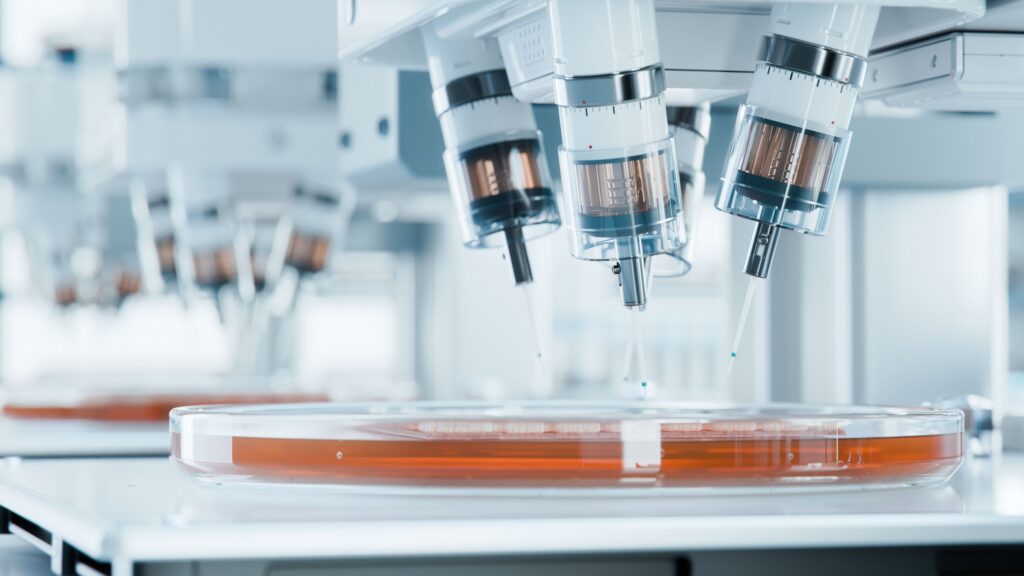
Upstream processing is the first stage of the bioprocessing workflow and is essential to several industries, including biopharmaceutical manufacturing, food production and biofuel development.
Upstream processing involves preparing, growing, and cultivating cell cultures and other biological materials for catalytic reactions.
These steps need to be completed with scrupulous care as they will influence the potency, quality and quantity of the final product, whether it be a medicine, food product or other. A significant part of this is employing meticulous fluid-handling methods and equipment, such as bioprocess containers, which we’ll explore later.
The initial stages of bioprocessing include:
| Upstream processing stage | What does it involve? | Why is it important? |
| Biological material selection | Choosing the most suitable cell line for the bioprocess. | The end product of the bioprocess is determined by the biological material selected. |
| Media preparation | Producing a nutrient-rich culture media to grow biological matter in. | Media development ensures an environment for the optimal growth of specific microorganisms or desired cells.Different species require unique growth conditions, so the correct medium composition must be selected. |
| Inoculation | Transferring microbes into the culture media or an agar plate. | Inoculation encourages the development and reproduction of microbes into beneficial cells. |
| Cell culture | The growth of yeast, plant or insect cells or mammalian cell lines in an incubator. | This process helps to develop therapeutic proteins, stem cells and viruses.These products are essential for medical research and new medicine development. |
| Fermentation | Adding the optimal quantity of nutrients into a controlled environment such as a bioreactor (fermentor). | Fermentation boosts the productivity of the harvested organisms. |
Upstream processing is then followed by downstream processing, which ultimately refers to the cell disruption, harvesting and purification process, resulting in high-quality products.
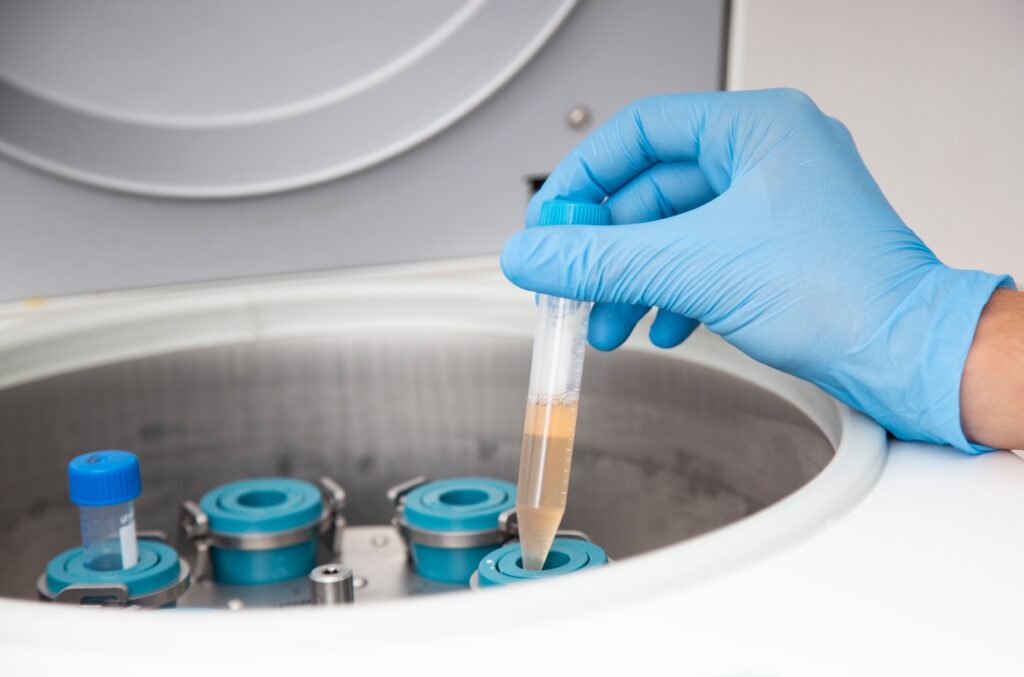
Upstream bioprocessing techniques are implemented across multiple fields:
In the biopharmaceutical industry, upstream processing is the initial phase of medical drug production and is vital in developing products such as antibiotics, insulin, vaccines and hormones.
If the upstream bioprocessing stage is completed correctly, the process should maximise cell growth, ensure the final product is of the desired quality and boost the overall product yield.
If not, drugs such as antibiotics or vaccines may not produce the expected effects or meet supply demands, leading to doubts about the manufacturer from patients and healthcare providers alike.
Using algae and plant cells to create renewable biofuels has gained momentum in recent years, which are environmentally friendly alternatives to fuels derived from crude oil.
Fermentation is especially utilised by food and drink manufacturers as this stage of upstreaming can produce alcohol or organic acids using yeast or bacteria.
Whilst this doesn’t sound particularly appetising, fermentation has been used for thousands of years to create some of our beloved consumables such as beer, wine, bread and cheese.ansit practices.bioprocess containers, will help you comply with GDP and enhance your pharmaceutical transit practices.
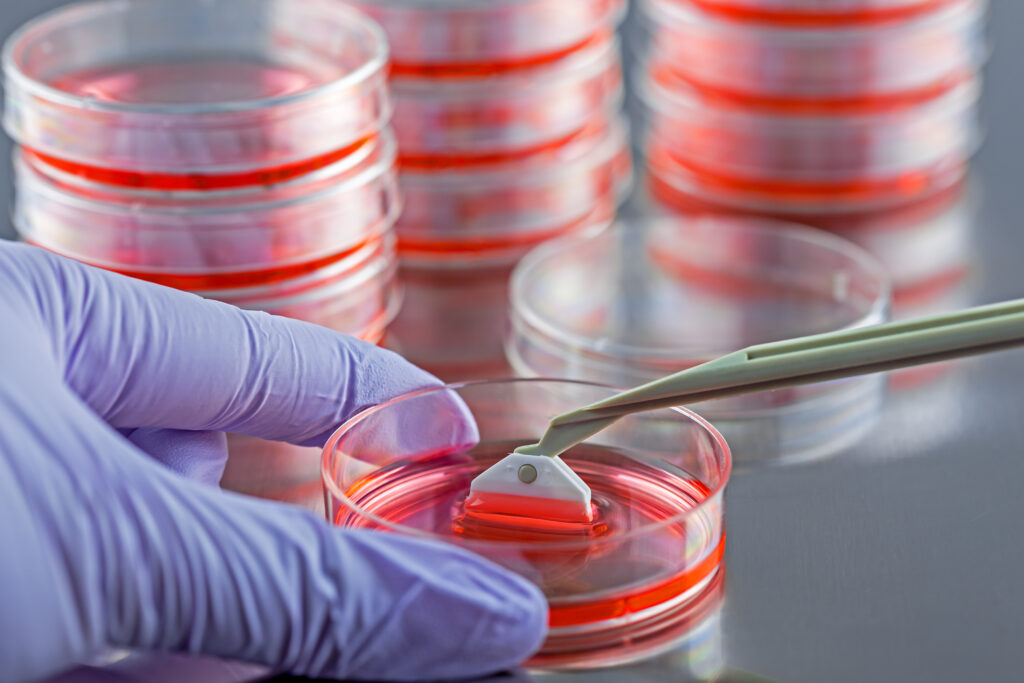
Established laboratory or fluid handling practices during upstream bioprocessing involve securely storing biological liquids in bioprocess containers.
Bioprocess containers are secondary liquid packaging units designed to hold 2D and 3D media bags containing valuable fluid media used during upstreaming, such as buffer solutions or bioreactor feeds.
Bioprocess containers offer several advantages to the upstream process:
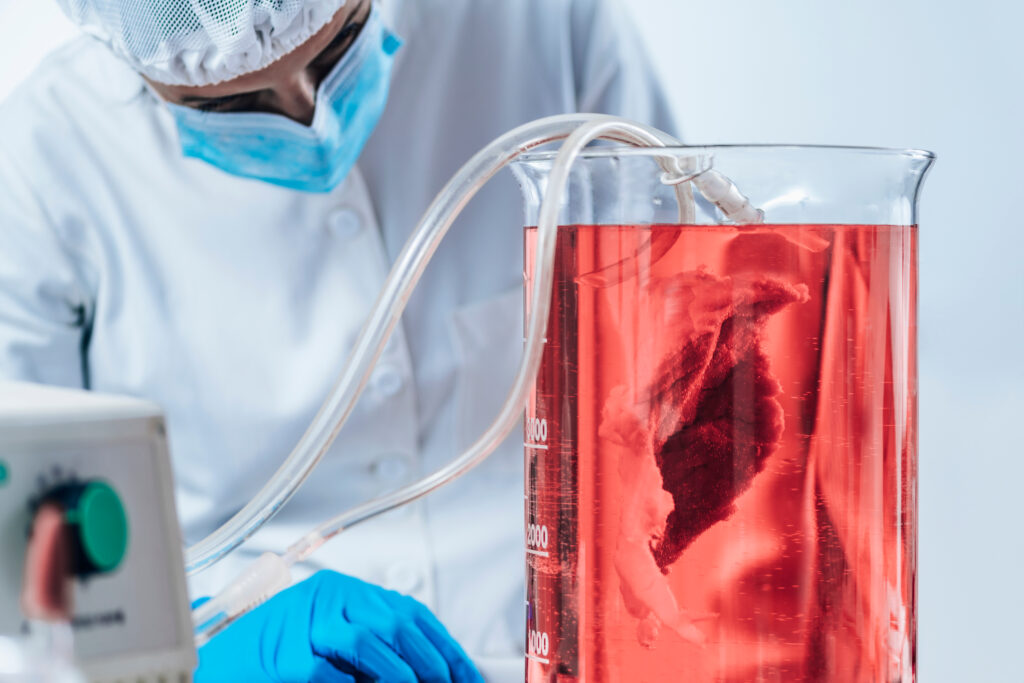
Leave traditional stainless steel systems behind with innovative fluid-storage technologies from ALLpaQ.
Our reusable systems offer an enhanced and more efficient way to handle biological components during upstream processing.
Customised bioprocess containers – our in-house team can produce bespoke containers that serve the requirements of your specific applications, whatever they may be!
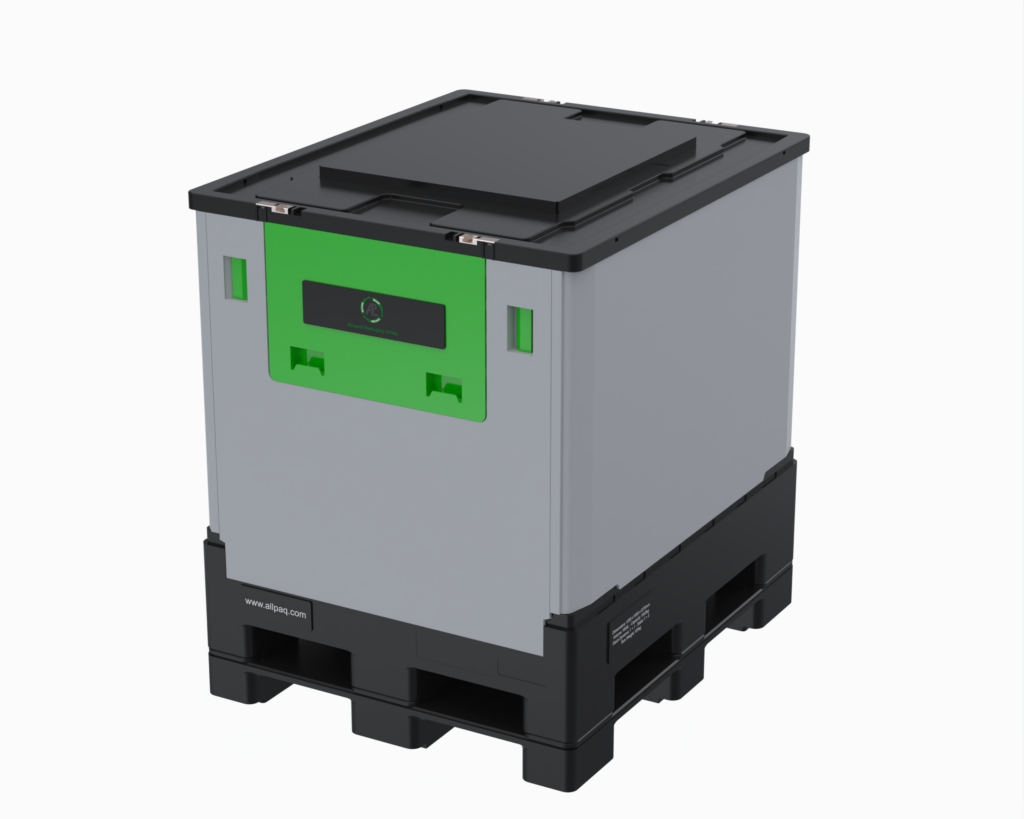
Contact our specialists today to find out more about our modern and multiple-use fluid-management systems.
We offer a diverse range of bioprocess containers for cleanroom upstream and downstream processing applications, and for storage and distribution requirements. Our team can help you find the most suitable solutions for your business and provide guidance on custom-made bioprocess containers – feel free to call us today on 01472 800 373 or message us online, and we’ll be in touch.